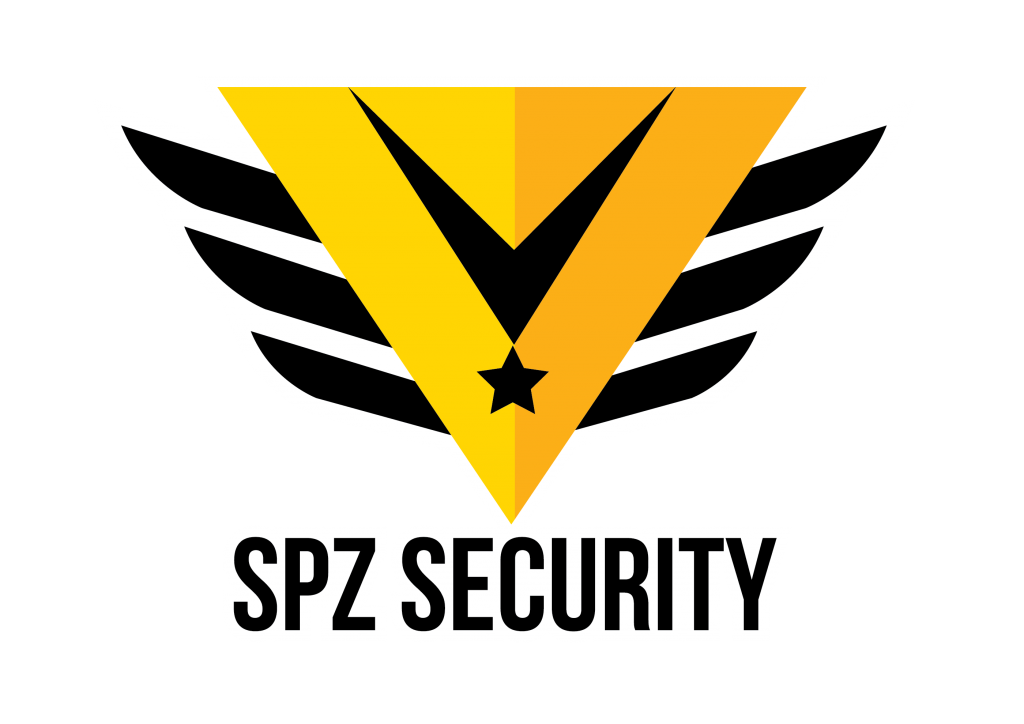Large-scale sports events bring together passionate crowds, high-profile athletes, and intense emotions — a combination that demands expert planning and reliable security. From ensuring fan safety to protecting players and managing emergencies, sports event security services play a critical role in maintaining order and preventing disruptions. With professional security in place, organizers can focus on delivering an unforgettable experience, knowing that every aspect of the event is protected by trained personnel, strategic planning, and rapid response capabilities.
Top Sports Event Security Services
The Importance of Security at Sporting Events
Sports events bring together thousands of fans in a high-energy environment, which can sometimes lead to unpredictable or unsafe situations. From ticket fraud to crowd surges, riots, or even potential threats against players or officials, the risk profile of a live sporting event is substantial. Without adequate security in place, these events can quickly become dangerous for everyone involved.
Professional sports event security services ensure that these risks are proactively managed. Security personnel assess the layout of stadiums, design emergency exit plans, coordinate with local law enforcement, and provide medical support readiness. Their presence acts as both a deterrent and a first line of defense, significantly improving the safety and flow of any event.
Core Responsibilities of Sports Event Security Personnel
Security teams at sporting events perform a wide range of duties to ensure a smooth and safe experience for fans, players, and staff. These include access control, ID verification, bag checks, and scanning for prohibited items. Guards are also trained in crowd control techniques to handle surges, protests, or any disturbances that may occur.
In addition, sports event security personnel are often stationed at key zones like player tunnels, VIP sections, and emergency exits. They monitor surveillance systems, assist in evacuations if needed, and are trained in de-escalation and emergency communication protocols. According to global event safety studies, having experienced security teams in place can reduce incident response time by up to 70%.
